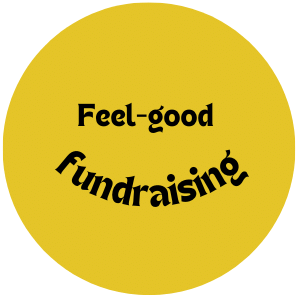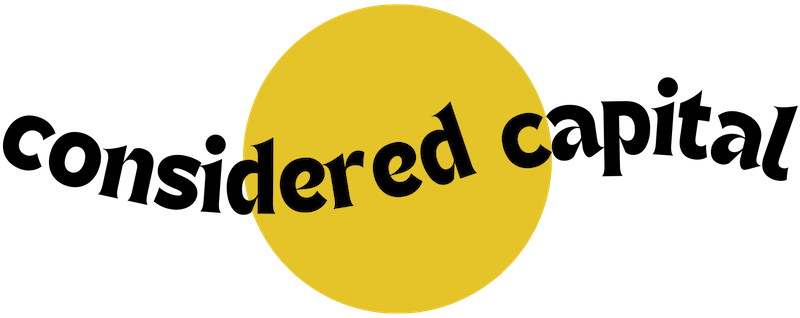5 Minute Funding Diaries – Laura Harnett
5 Minute Funding Diaries
with Laura Harnett, founder of Seep
5 Minute Funding Diaries
with Laura Harnett, founder of Seep

Laura Harnett, the founder and CEO of Seep, found herself unexpectedly thrust into entrepreneurship when she couldn't find plastic-free sponges at her local store one day. This inspired her to seek out alternative funding routes via The Alt Funding School, some of which offered faster decision-making and more immediate access to funding compared to traditional equity financing. For her, raising equity finance isn't the be-all and end-all.
Seep, now a Certified B Corp, offers a range of top-quality cleaning accessories crafted from natural, renewable materials like wood pulp, plant-based viscose, maize, and bamboo. The company's mission is ambitious: to eradicate 1 billion plastic cleaning products from landfills by 2030. Since its inception in 2020, Seep has already diverted an estimated 500,000 items (equal to 10.1 tons of waste) from landfills.
Laura is passionate about making a difference and believes that even tiny switches by customers can have a significant impact. She's determined to show her daughter what women, especially female entrepreneurs, can accomplish.
Ways we can support you on your fundraising journey
If you're ready to find your fundraising confidence, then we provide products and programmes to support you along the way. Check out our current offerings below.

Our first-ever focused cohort offers women and non-binary people practical, hands-on support for purpose-driven women raising mission-aligned funding all over the globe. 97% of alumni would recommend us to founder friends.
Our first-ever focused cohort offers women and non-binary people practical, hands-on support for purpose-driven women raising mission-aligned funding all over the globe. 97% of alumni would recommend us to founder friends.

If you are looking for an introductory course into raising funding as an impact organisation, this is for you. Identify the best next step on your fundraising journey and meet incredible purpose-led founders along the way.

For Organisations
contact@consideredcapital.io
